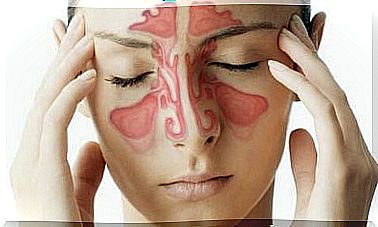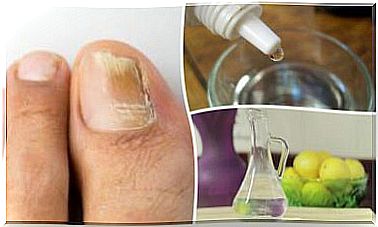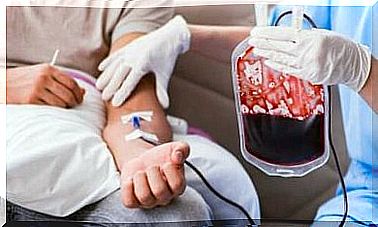Health Risks Of Self-medication
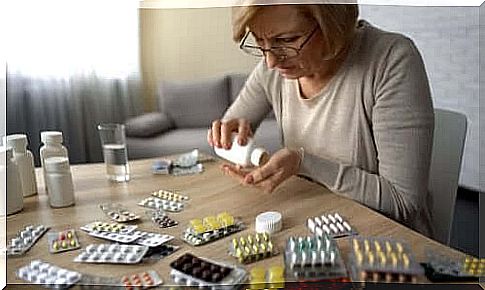
In today’s article, we present the health risks of self-medication, as well as what healthy alternatives you have at your disposal.
Self-medication is the practice of taking medication without the recommendation and, implicitly, the intervention of a doctor. The most worrying thing is that medicines are becoming more affordable due to falling prices and availability on the internet.
When we say “without the intervention of a doctor”, we mean that no specialist participates in diagnosing the problem or prescribing and supervising treatment. Today, self-medication has gained a lot of popularity in society. But most people do not realize that this practice is harmful to both them and the rest of the population.
There are various over-the-counter medications that are available to treat minor symptoms such as headaches, fever and colds. But it is not good to abuse these products or use them for long periods of time. If symptoms persist, it is essential to consult a doctor.
Self-medication with analgesics
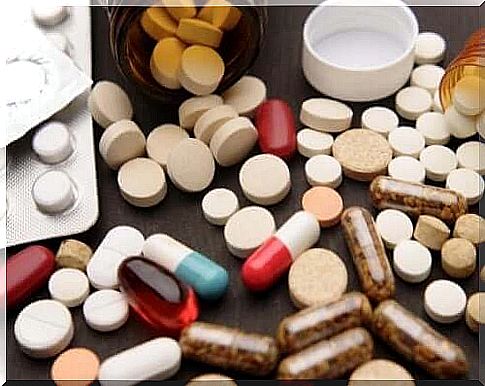
Unfortunately, it is estimated that in an attempt to treat certain diseases, a large segment of the population of all ages has been exposed to analgesics. When taken without the supervision of a specialist, these drugs can have a major impact on the kidneys and digestive system. In fact, painkillers can cause stomach ulcers or even liver necrosis.
Self-medication with antibiotics
Antibiotics are often bought by people who have not been diagnosed with an infectious disease that would justify such treatment. Patients often go to the pharmacy and ask for known medicines.
The number of cases of self-medication with antibiotics is high in many countries. As a consequence, the incidence of antibiotic resistance has also increased, especially with regard to pathogens that affect outpatients. The dangers of this phenomenon are great because the abuse of antibiotics makes the bacteria resistant and certain diseases become impossible to treat.
Do not take antibiotics without medical supervision! Irresponsible use of these drugs endangers the health of the entire global population.
Other types of self-medication
Among the most popular medicines and supplements taken without medical intervention are:
- Topical antiseptics
- Vitamin and mineral supplements
- Antiviral and antitussive drugs
- Medicines for gastrointestinal problems, laxatives, antacids and anti-flatulence agents
But the consequence of self-medication that we want to highlight in this article is antibiotic resistance.
Antibiotic resistance
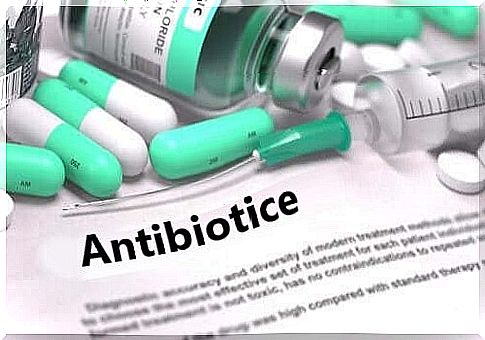
At present, antibiotic resistance has reached the proportions of a global crisis. You’ve probably heard of this phenomenon before, but you may not be aware of how serious the situation is.
If the bacterial strains become resistant to antibiotics, the drugs can no longer fight them. Basically, microorganisms develop defense mechanisms against antibiotics.
What is the problem? Why not replace drugs that no longer work with new ones?
In reality, we are already doing that. But even new drugs end up being used in excess, and the bacteria become resistant. The problem is that the number of options has decreased. We run the risk of running out of viable treatments.
The development of new drugs is a long, complex and very expensive process. For this reason, it is important to avoid self-medication and follow the advice received from your doctor.
What are the health risks of self-medication?
Self-medication in the absence of a doctor or pharmacist creates health risks that most of us are not even aware of. Of these, we want to mention:
- Poisoning
- Decreased effectiveness of drugs (for example, when trying to treat viral infections with antibiotics)
- Addiction (as with benzodiazepines)
- Masking of severe symptoms
- Personal antibiotic resistance
conclusions
Consult a doctor or pharmacist if you have any questions about drug treatments. Do not take any medicine that requires a prescription without the consent of the specialist.
Last but not least, consult a specialist to find out how to administer over-the-counter medicines.


